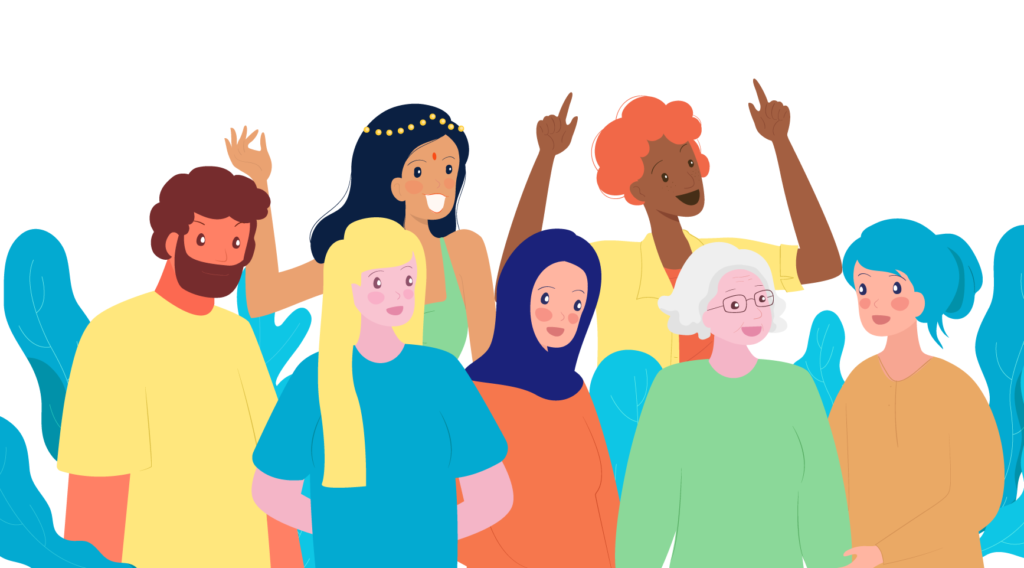As Ramadan approaches, Muslims around the world prepare for a month of fasting, prayer, reflection, and community. For non-Muslims, understanding and supporting Ramadan traditions can foster cultural appreciation, respect, and unity within diverse communities. So, how can non-Muslims support and understand Ramadan traditions? Let’s delve into some insightful ways to embrace this sacred time and enrich our understanding of Islamic culture and practices!
Embrace Cultural Understanding

Understanding Ramadan goes beyond merely acknowledging its existence. It involves a deeper appreciation for the cultural and religious significance it holds for Muslims worldwide.
Educate Yourself
- Learn the Basics: Start by understanding the fundamentals of Ramadan, such as its significance, practices, and customs.
- Explore Islamic History: Dive into the rich history of Islam to grasp the roots of Ramadan and its evolution over time.
Engage with the Muslim Community
- Attend Community Events: Participate in Ramadan events organized by local mosques or Islamic centers to immerse yourself in the culture and traditions.
- Engage in Dialogue: Initiate conversations with Muslim friends, colleagues, or neighbors to gain personal insights into their experiences during Ramadan.
Show Respect and Support

Respecting Ramadan traditions is essential for fostering inclusivity and unity within diverse communities.
Respectful Conduct
- Be Mindful of Fasting Observance: Refrain from eating, drinking, or smoking in front of fasting individuals out of respect for their commitment to Ramadan.
- Adjust Social Plans: Understand that fasting Muslims may have different energy levels during Ramadan. Be considerate when scheduling social gatherings or meetings.
Supportive Actions
- Express Support: Offer words of encouragement and support to fasting individuals. Acknowledge their dedication and commitment to observing Ramadan.
- Participate in Acts of Kindness: Take part in charitable activities or volunteer initiatives that support the less fortunate during Ramadan. It’s a time for giving and compassion!
Explore Ramadan Traditions

Immerse yourself in the beauty of Ramadan traditions to gain a deeper understanding of its cultural and spiritual significance.
Experience Ramadan Practices
- Join Iftar Gatherings: Break fast with Muslim friends or colleagues during Iftar (the evening meal) to experience the communal spirit and hospitality of Ramadan.
- Attend Taraweeh Prayers: Witness the special nightly prayers known as Taraweeh at a local mosque. Experience the tranquility and devotion of these congregational prayers.
Learn about Eid al-Fitr
- Discover the Celebration: Educate yourself about Eid al-Fitr, the joyous festival that marks the end of Ramadan. Learn about its customs, traditions, and significance in Islamic culture.
- Extend Warm Wishes: Extend heartfelt Eid greetings to Muslim friends and colleagues to celebrate the conclusion of Ramadan and the onset of Eid festivities.
FAQs (Frequently Asked Questions)
1. Can non-Muslims participate in fasting during Ramadan?
- While non-Muslims are not required to fast, they can choose to join in fasting for a day to show solidarity and support for their Muslim friends or colleagues.
2. How can non-Muslims contribute to charitable efforts during Ramadan?
- Non-Muslims can contribute to charitable initiatives by donating to reputable organizations or volunteering their time to support community-driven projects aimed at helping those in need during Ramadan.
3. What should non-Muslims avoid during Ramadan?
- Non-Muslims should avoid engaging in behaviors that may be considered disrespectful or insensitive during Ramadan, such as eating or drinking openly in front of fasting individuals.
Conclusion
In conclusion, supporting and understanding Ramadan traditions as a non-Muslim is a rewarding journey that promotes cultural appreciation, respect, and unity. By educating ourselves, showing respect, and actively engaging with the Muslim community, we can embrace the spirit of Ramadan and foster meaningful connections within our diverse society. So, let’s come together to celebrate diversity and inclusivity during this sacred month! How Can Non-Muslims Support and Understand Ramadan Traditions? It’s simple—by being empathetic, respectful, and open-minded allies on this enriching cultural journey.


